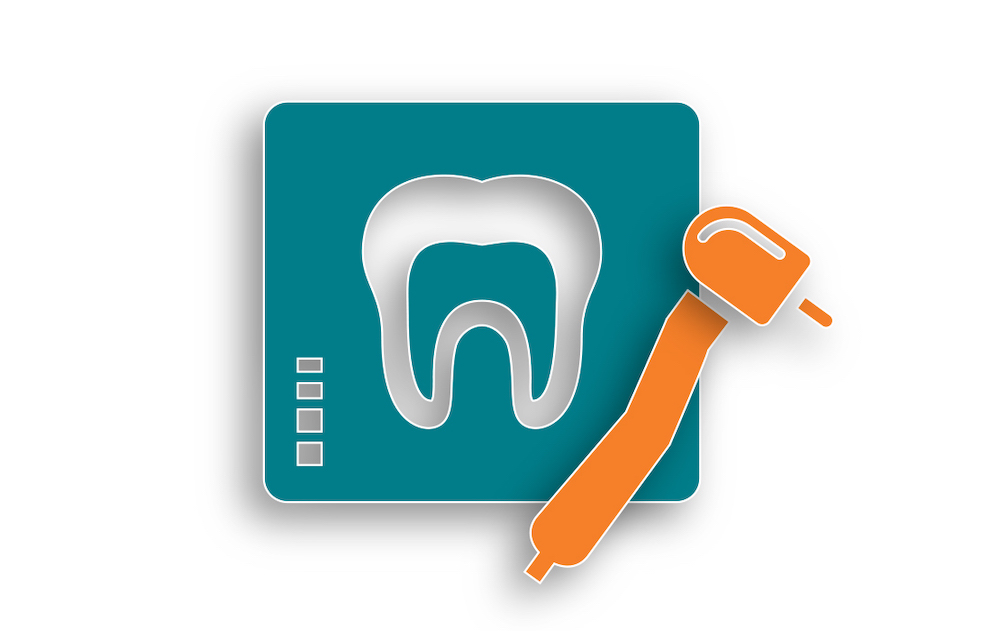ADA standards available for comment by Feb. 10, 2025
Drafts align with International Organization for Standardization documents

Two draft standards from the American Dental Association are available for public review and comment until Feb. 10, 2025.
The standards, which were developed by ADA Working Group No. 3.25 on Harmonization of Dental Codes and Abbreviations, include:
• Proposed ANSI/ADA Standard No. 217 for Dentistry — Classification of Tooth Restorations Preparation: This standard is an identical adoption of ISO 24395:2023 Dentistry — Classification of Tooth Restorations Preparation and establishes a system for classifying the location and depth of tooth restorations preparations.
• Proposed ANSI/ADA Standard No. 218 For Dentistry — Designation Systems for Teeth and Areas of the Oral Cavity: This standard is a modified adoption of ISO 3950:2016 Dentistry — Designation System for Teeth and Areas of the Oral Cavity, with the addition of the Universal/National Tooth Designation System. The document recognizes two principal systems for numbering teeth: the Universal/National System, primarily used in the U.S., and the International Organization for Standardization system, used in most other countries. This standard codifies the two systems and provides a mapping between them, facilitating communication and documentation in dentistry and ensuring consistency and clarity across practices and regions. The systems are designed to be simple to understand and teach, easy to pronounce in conversation and dictation, and readily transferable in print and electronically. They are also adaptable to standard charts used in general dental practice.
The ADA, which is an American National Standards Institute-Accredited Standards Developer, has played a key role in the development of dental standards since 1928. The working groups that develop ADA standards are a diverse mix of expert volunteers representing dental practitioners, industry, government and academia. Volunteers work together on documents that establish requirements for safe and effective dental products and technologies through a consensus-based process. Involvement is open to anyone who would like to contribute their expertise.
To obtain a copy of the draft standards, email standards@ada.org. To learn more about the standards program, visit ADA.org/dentalstandards.



